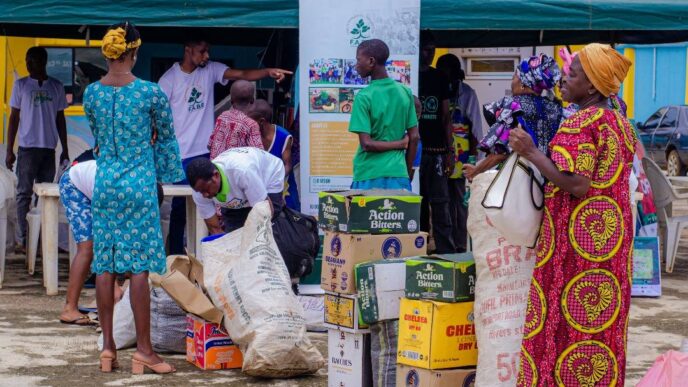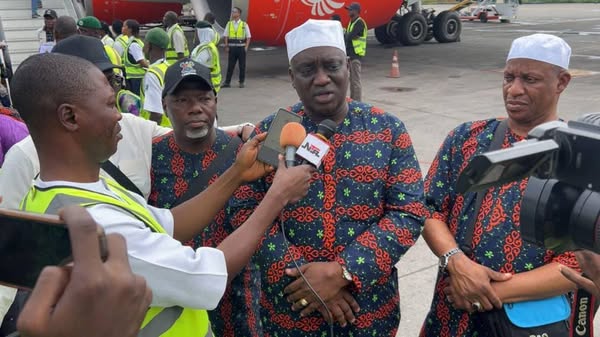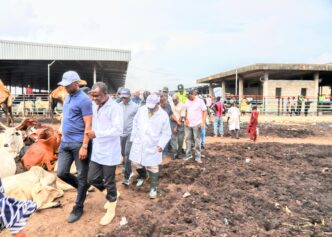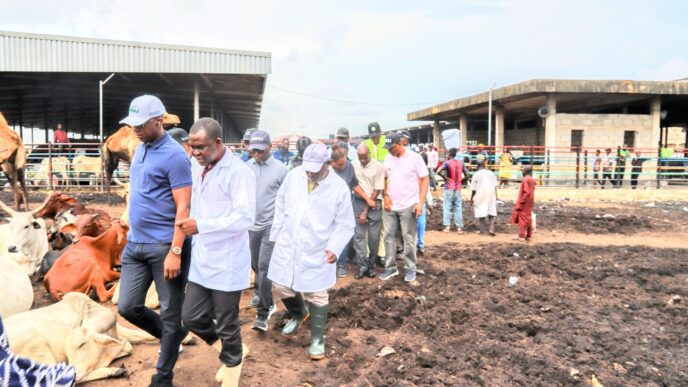Nigerians woke up to yet another fuel price hike on Monday, with NNPC Limited retail outlets adjusting pump prices of Premium Motor Spirit (PMS) commonly known as petrol across major cities.
EpeInsights learnt that the Federal Capital Territory, petrol now sells for N945 per litre, up from the previous N910, while residents in Lagos are paying N915 per litre, marking a N45 jump from the earlier rate of N870.
It’s the same story in Ibadan, where the NNPC now dispenses fuel at N925 per litre, all part of a nationwide ripple effect after the Dangote Petroleum Refinery quietly raised its ex-depot petrol price from N825 to N880 per litre.
At the NNPC station in Federal Housing, Kubwa, Abuja, the new price was boldly displayed.
The same trend played out at the Obasanjo Way Mega Station and across NNPC outlets in Lagos, including Igando and the Badagry Expressway corridor.
Observers are linking it to escalating global tensions following a dramatic US military operation in Iran.
In a move that’s rocked the oil markets, President Donald Trump announced strikes on three major Iranian nuclear sites—Fordow, Isfahan, and Natanz, saying they were “completely and fully obliterated.”
The action, which formally draws the U.S. into the ongoing Iran-Israel conflict, is stoking fears of broader instability across the oil-producing region.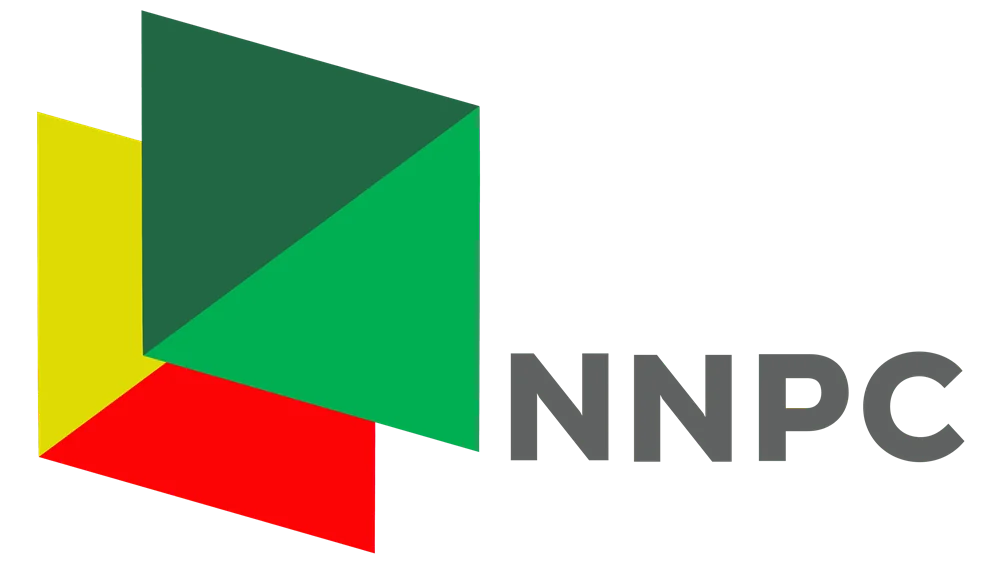
Financial analysts are warning that the fallout may reshape global energy pricing and inflation expectations.
“The US strike on Iran’s nuclear sites is a market-defining moment,” says Nigel Green, CEO of financial advisory giant deVere Group.
“It’s a direct hit to the assumptions that have been driving investor positioning—lower inflation, falling rates, and stable energy prices. That framework has just been broken.”
With oil prices expected to spike further, the direct impact is already hitting pockets back home in Nigeria—where rising fuel costs threaten to push inflation higher and deepen the cost-of-living crisis.
Meanwhile, NNPC is yet to officially comment on the fresh adjustments, even as the corporation prepares to announce a new spokesperson following the resignation of Olufemi Soneye.
For now, Nigerians are being forced to recalibrate once again—bracing for an uncertain fuel pricing landscape shaped as much by international missiles as by local refineries.




